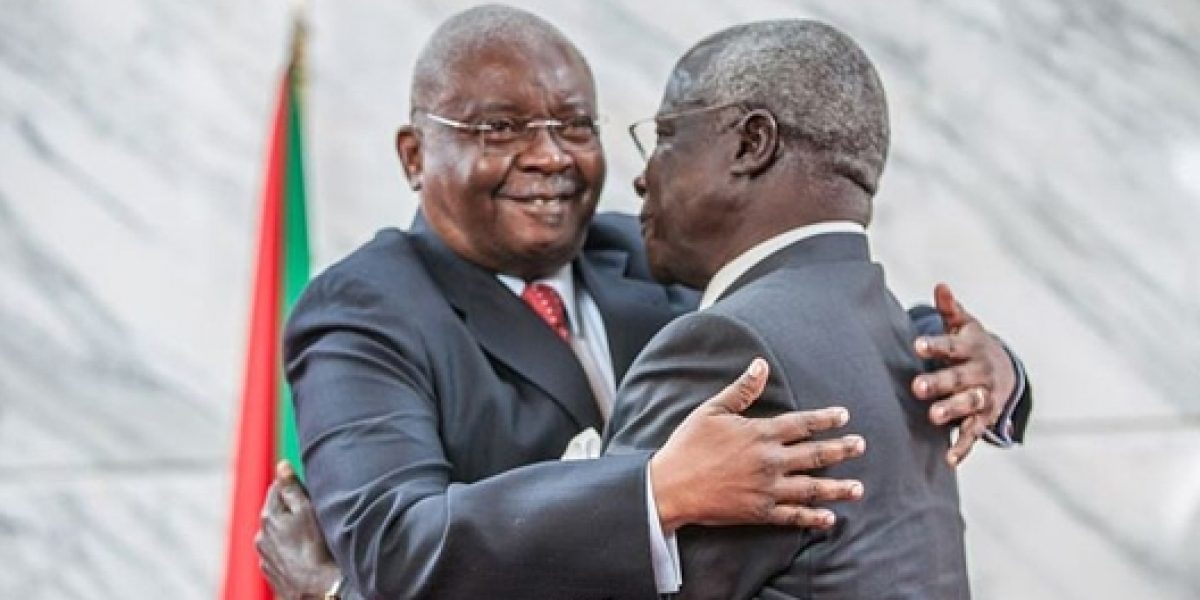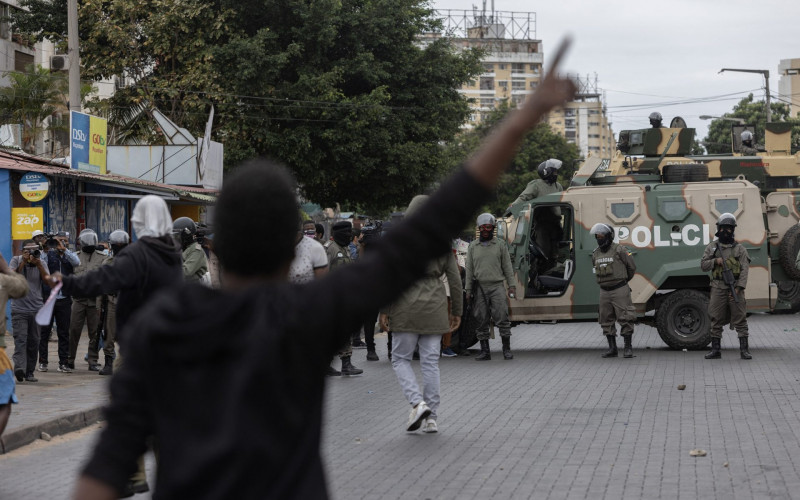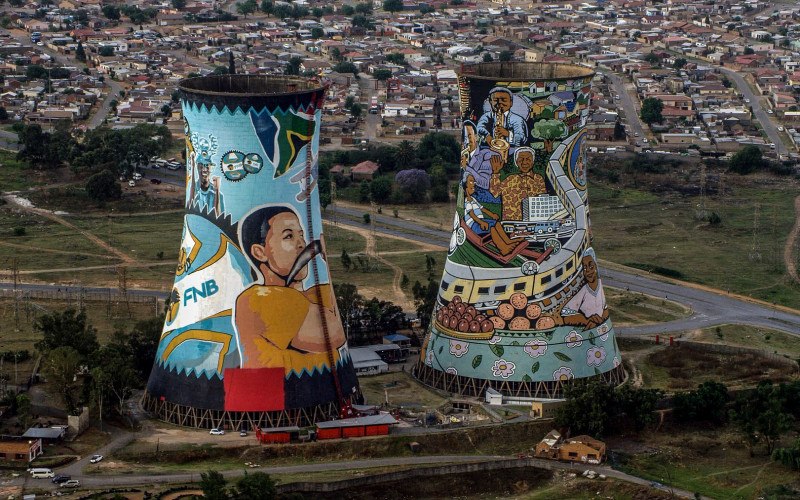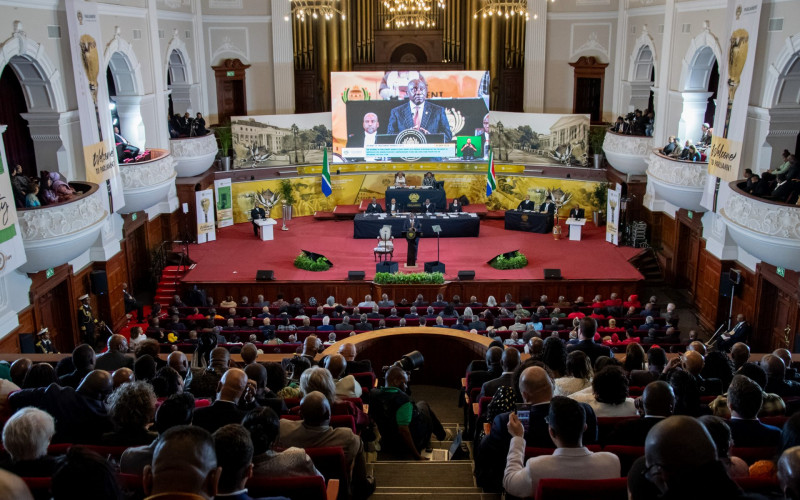That a strategy of brinkmanship and a low-level insurgency waged in central Mozambique have benefitted RENAMO politically is clear. Ironically, however, it also seems that recent African mediation efforts in previous electoral disputes may have unwittingly encouraged RENAMO to discredit the elections with a view to attain a post-electoral negotiated settlement, proving once again Merton’s Law.
In isolation, Mozambique’s 2014 unfolding post-election drama, dominated by the figure of RENAMO opposition party leader Afonso Dhlakama and threats of ‘uncontrollable’ violence if the incumbent Frente de Libertação de Moçambique (FRELIMO) party does not negotiate with him, might seem concerning. In context, however, Dhlakama’s claim that he should have won every election since Mozambique’s first post-civil war polls in 1994 reveals his rhetoric for what it is.
Nevertheless, the clear improvement in RENAMO’s political fortunes by spurning electoral politics and returning to the rebellious roots of the party’s past, and the very real attacks by RENAMO guerrillas against state and police targets in central Mozambique preceding the elections, have been anything but rhetorical.
Further complicating matters are the parallels that can be drawn between Dhlakama’s denouncing of the elections and calls for the formation of a Government of National Unity (GNU) to hold ‘truly credible’ elections within a two year period to recent post-election tensions in other African states. In both Kenya in 2008 and Zimbabwe in 2009, violent electoral crises were resolved through the formation of a GNU due in no small part to intensive and high-level international mediation. It is on this mediation that Dhlakama is now pinning his hopes along with the armed and ready RENAMO loyalists primed for violence and sabotage.
Dhlakama claims that these young men, who RENAMO have successfully rearmed and mobilised over the past two years, are upset with the election results, and he fears that he may not be able to hold them back. He seems to be hoping that this threat, and the prospect of a return to civil war, will force FRELIMO into a GNU.
On the face of it, he appears likely to fail. While in the Kenyan and Zimbabwean cases there was international recognition that the electoral processes had been marred by serious irregularities on a significant scale, international observer teams to Mozambique have concluded that the irregularities that did take place did not prevent the electorate from ’freely expressing their will at the ballot box’ (African Union Preliminary Statement, 2014). The Southern African Development Community Observer Mission went further, concluding that the elections were ‘generally peaceful, free and fair, and credible.’ The Electoral Institute for Sustainable Democracy in Africa (EISA) said: ’…the elections in Mozambique were generally peaceful and in conformity with the laws of Mozambique and the international continental and sub-regional standards.’ Even the European Union Election Observer Mission statement concurred, noting ‘the generally peaceful conduct of the … elections’ even though it mentioned ‘a number of regrettable but isolated incidents of violence on election day.’
RENAMO can hardly claim that it has conducted a peaceful campaign in the build-up to the 2014 polls. Dhlakama made international headlines in 2012 when he decided to return to his former military hideout near Gorongosa National Park in central Mozambique, boycotting local government elections in 2013 and threatening a return to full-scale war.
Incredibly, RENAMO’s strategy eschewing politics for violence has resonated with both the political elite and the voter. After a faltering showing in the 2009 national elections and a boycott of the 2013 local government polls, where the new political formation Movimento Democrático de Moçambique (MDM) appeared to eclipse RENAMO in major urban areas, Dhlakama has since won both concessions and headlines and restored RENAMO’s fortunes in impressive fashion. RENAMO also showed it could be spoiler for Mozambique’s expected energy boom from coal and offshore gas deposits.
This strategy finally compelled FRELIMO back into direct negotiations for the first time in nearly a decade, and culminated in a peace treaty with crucial reforms conceded by the government. These included provisions to alter the structure of the election management bodies (EMBs) and embed political party nominees from FRELIMO, RENAMO and MDM within the structures of the EMB from the policy making level to the implementation levels including at polling stations.
Yet despite these gains, Dhlakama has again come second at the ballot box, with provisional results indicating that he will improve on the 16% he won in 2009 but will not force FRELIMO’s Filipe Nyusi into a presidential run-off. This makes the GNU a failsafe option in his view. After all, political instability in the aftermath of a disputed election result proved successful in securing top government positions for Raila Odinga (Kenya) and Morgan Tsvangarai (Zimbabwe) thanks to the efforts of international mediators.
The difference in Mozambique is that RENAMO has already been granted a number of concessions between ahead of the 2014 polls, including greater representation in the electoral commission, and party staff embedded at all polling stations. That these concessions were granted may be make it more difficult to garner international support and sympathy for its cause.
Two concerns emerge out of the 2014 Mozambican elections. Firstly, that an opposition party can fare better politically by discarding the electoral route for the gun-boat diplomacy of guerrilla warfare highlights the tenuous and fragile dynamics of electoral politics in African states. Secondly, RENAMO’s efforts to force a GNU before the provisional results have even been finalised indicates that mediation efforts to resolve post-election conflicts may be creating problems further down the line. What kind of precedent might this set for other leaders in future, and the sustainability and credibility of elections in Africa?
It is a dangerous game Dhlakama is playing, and if Merton offers any advice to Mozambique’s political leadership here, it is this: there will be consequences; but they are unlikely to be either predictable or benign. At the moment however, RENAMO appears determined to press ahead with its case for inclusive government, leaving the people of Mozambique to hope that on this occasion their leaders might disprove Merton’s Law as the exception to the rule.
Note: At the time of writing the provisional results for the 2014 elections were only partially completed.







